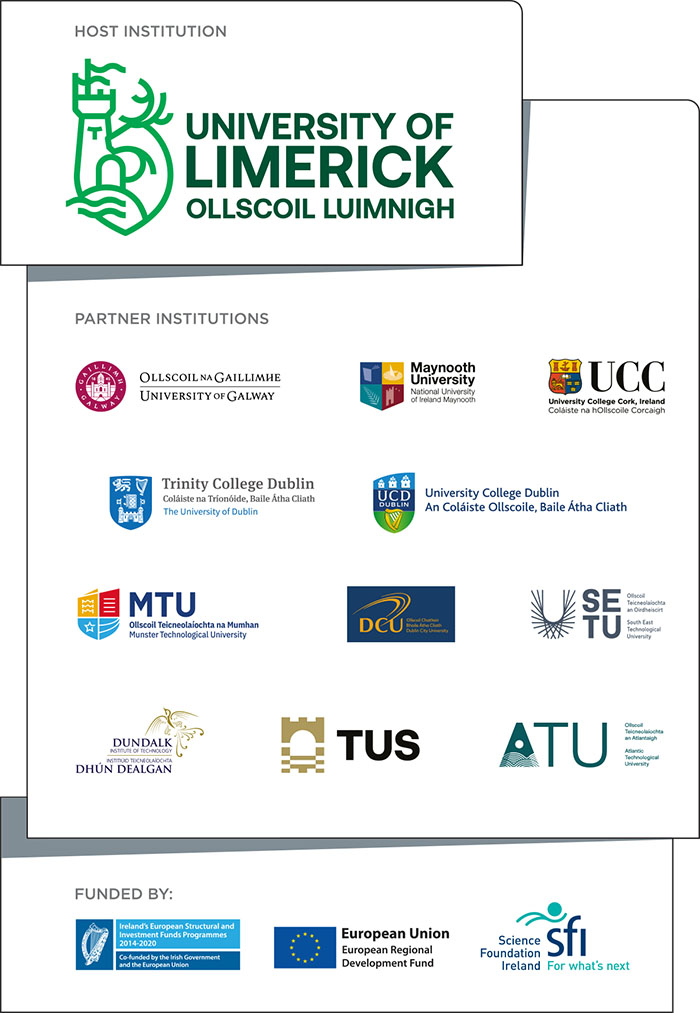Event : Graph-based Semantic Knowledge Representation and Management for Cultural Heritage
You are here
ABSTRACT
The traditional record-based approach used in Cultural Heritage (CH) has successfully served the need of users, scholars, researchers and practitioners for many decades, but it has gone as far as it could. The enormous growth in production, types and availability of cultural items, the opening of their use to a wider public (with different background, goals and perspectives), the advent of digital technologies, and the convergence of many different, traditionally separate disciplines call for new, advanced organization strategies and ways of exploitation, for both the items and the information they carry.
It is necessary to move from a set of predefined fields to a reticular approach, in which each of the different kinds of entities involved in a description has its own record and can be related to the others. In such a new setting the focus of the descriptions can also be broadened, from a fixed set of formal parameters about the items to a larger and more variable set including also information/metadata concerning their physical support, content, context, and even lifecycle. This ‘holistic' approach allows us to support the needs and activities of different kinds of stakeholders.
In Artificial Intelligence (AI), the networking of data is the core of knowledge, and coupled with ontologies has been successfully used as a representation for Knowledge Bases (KBs), obtaining so-called Knowledge Graphs. KGs have been thoroughly studied in the Knowledge Representation (KR) branch of AI, interested in Ontologies and Automated Reasoning. Research in KR developed its own solutions for representing and storing knowledge, that have departed from the mainstream solutions for DBs. However, rooting KG data representation and storage in DB technology would to ensure optimization and efficiency in data storage and handling. This requires advanced DB solutions, and some kind of cooperation with the solutions coming from KR, that may boost the
effectiveness of data management so as to support the needs of different kinds of users, providing them new possibilities for data exploitation and unprecedented opportunities to carry out their activities.
We propose the GraphBRAIN framework for this setting, in which Formal Ontologies play the role of data schemas for LPG-based DBs. This enables the combined use of different kinds of AI algorithms to the available knowledge, from Graph Mining, to Network Analysis, to Automated Reasoning (possibly combining multiple inference strategies). We implemented the proposed framework in a library and API that can be
used by many different domain-specific application. We developed a generic platform for performing the general operations operations on the
knowledge, including standard CRUD ones. The framework and technology were applied to several Cultural Heritage
branches including history of computing, digital libraries & archives, linguistic analysis.
Prof. Stefano Ferilli (link: http://lacam.di.uniba.it:8000/~ferilli/ufficiale/ferilli.html)
Eng. Stefano Ferilli, PhD [born 1972, Graduated in Computer Science in 1996, Ph.D. in Computer Science 2001, Specialistic degree in Computer
Science 2003] is an Associate Professor at the Department of Computer Science of the University of Bari since 2006 (first appointment 2002).
2006-2018 Director of the Inter-Departmental Center for Logic and Applications of the University of Bari.
His research interests are centered on Logic and Algebraic Foundations of Machine Learning, Inductive Logic Programming, Theory Revision, Multi-Strategy Learning, Knowledge Representation, Expert Systems, Data Mining.
Applications include Electronic Document Processing and Digital Libraries, Process Mining, Ambient Intelligence, Bioinformatics, Education.
He currently leads the Automated Reasoning and Machine Learning (ARA) group at the LACAM laboratory of the University of Bari. He participated in various
National and European projects concerning these topics, some with coordination responsibilities.
(Co-)author of mor
e than 350 papers published on National and International journals, books and conferences/workshops proceedings. Associate Editor of 2 international journals, and involved in the organization of national and international scientific events and journals. Since 2011 member of the Steering
Committee, and since 2015 Treasurer, of the Italian Association for Artificial Intelligence.




